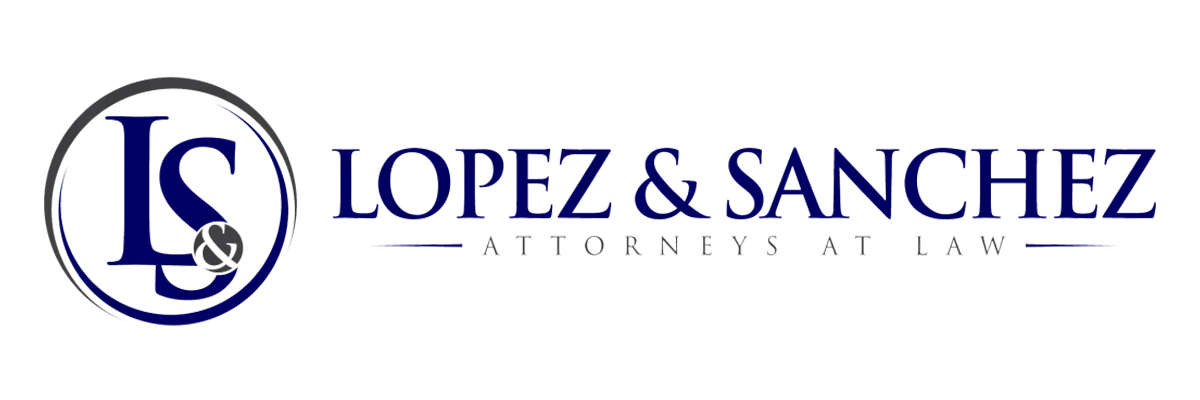Wrongful Termination
Chicago's Wrongful Termination Attorneys Working For You
In Illinois, employment relationships are “at will” unless there exists an employment contract that says otherwise. This means that in most cases, an employee can quit their job or an employer may fire someone for any reason – or even no reason – at any point. At-will employment is not without its limits, however, as federal and state laws prohibit termination of an employee for certain reasons. If an employee is fired for a prohibited reason, they may be able to hold their former employer liable for wrongful termination.
Wrongful termination claims can be challenging, and whether you are an employee or an employer involved in this type of case, you should seek qualified legal representation as soon as possible. The labor and employment attorneys at the law firm of Lopez & Sanchez handles many Chicago wrongful termination cases stemming from a variety of circumstances, including the following:
Discrimination –
Both federal and state anti-discrimination laws prohibit an employer from terminating an employee based on any of the following factors:
- Race;
- Color;
- Religion;
- National origin;
- Sex or pregnancy;
- Age (over 40);
- Disability;
- Citizenship status;
- Marital status;
- Genetic information;
- Sexual orientation;
- Gender identity;
- Military status or unfavorable discharge;
- Arrest record;
- Domestic violence victims or orders of protection;
- No permanent mailing address.
If an employer fires someone for any of the above reasons, the company may face a claim for wrongful termination.
Retaliation –
There are many things that an employee has the right to do without fear of an employer retaliating against them by firing them. Retaliation can happen for many reasons, including in response to an employee doing any of the following:
- Complaining of unlawful discrimination;
- Complaining of harassment at work;
- Taking leave under the Family and Medical Leave Act (FMLA) if the employee qualifies;
- Filing a claim for workers’ compensation;
- Reporting illegal or unethical practices of the employer (whistleblowing);
- Assisting in an investigation into unlawful practices of the employer.
Such retaliation is illegal and gives the employee the right to seek legal relief.
Public Policy Violations –
Finally, there are some reasons behind termination that simply go against the moral and ethical code of our society. In order to preserve this code and encourage employees to make the right decisions, it is considered to be wrongful termination if the employee is fired after doing the following:
- Refusing to participate in illegal acts requested by the employer;
- Exercising a valid legal right or obligation (such as jury duty or voting);
- Reporting any unlawful behavior to authorities.
Find Out How Our Chicago Wrongful Termination Lawyers Can Help You
Being wrongfully terminated can disrupt your life in many ways and can cause financial and mental harm. The attorneys at Lopez & Sanchez are here to represent you and make the process of seeking legal relief go as smoothly as possible for you. In addition, we recognize that employers can be wrongfully accused of wrongful termination and we help companies defend against such claims. If you are facing a possible case, please do not delay in calling our wrongful termination attorneys for assistance today.
Follow Us on Social Media
Copyright 2023 Lopez & Sanchez, LLP. All rights reserved. Use of this site is subject to the Terms of Use and Privacy Policy.
This site is operated by Lopez & Sanchez LLP. All logos, trademarks and brands are property of their respective owners.
Attorney Advertising. This website Is designed for general Information only. The information presented at this site should not be construed to be formal legal advice nor the formation of a lawyer/client relationship. Testimonials are not a guarantee, warranty, or prediction of the outcome of your case.
